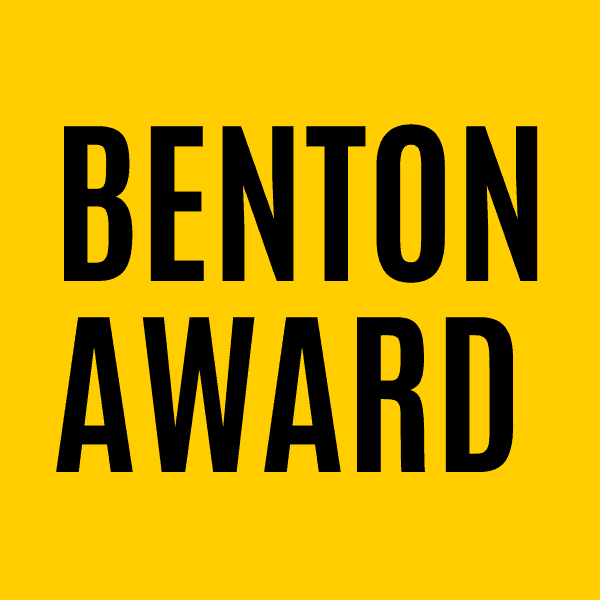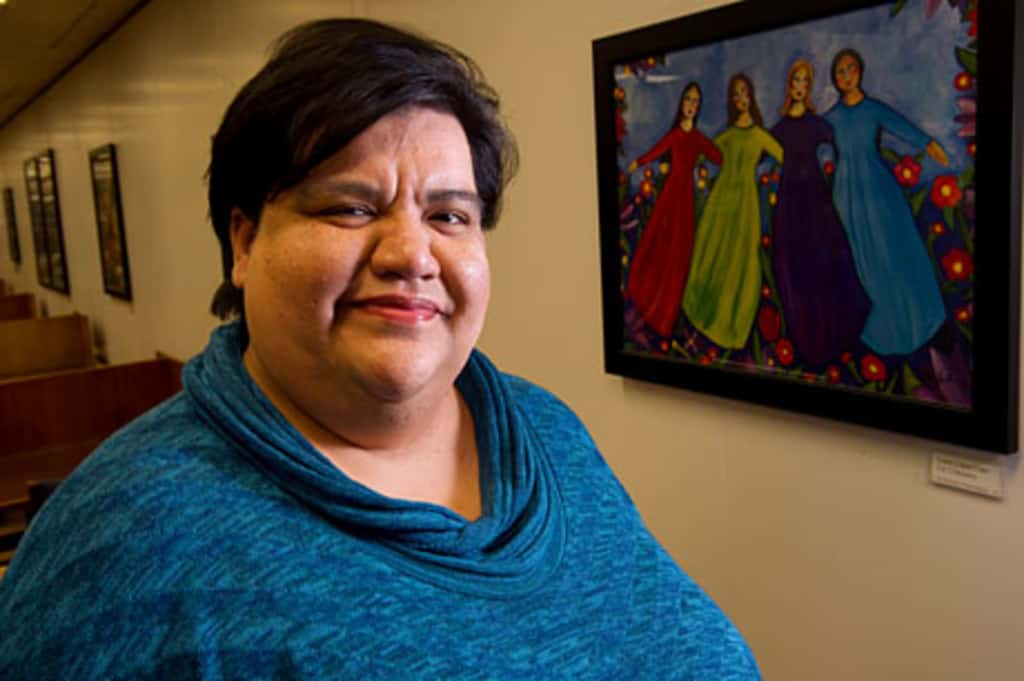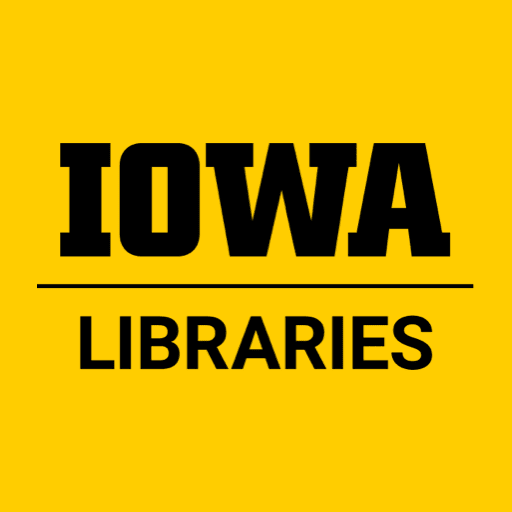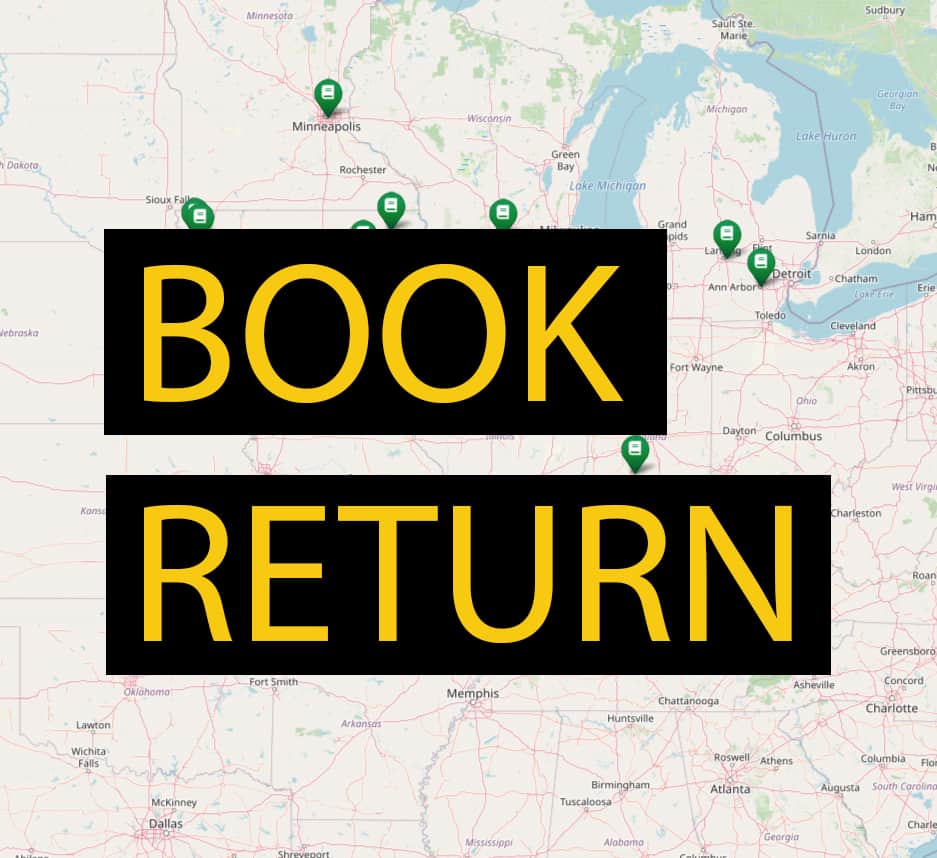The University Libraries is seeking nominations for the Arthur Benton University Librarian’s Award for Excellence. Funded by a generous endowment, this prestigious award acknowledges a library staff member’s professional contributions in the practice of librarianship, service to the profession, scholarship, or leadership which has had a significant impact or innovation to the operations of theContinue reading “Seeking nominations for the Benton Award”
Author Archives: The University of Iowa Libraries
UI Latinx Council recognizes Rachel Garza Carreón with an award named in her honor
The UI Latinx Council Executive Board has created the Rachel Garza Carreón IMPACT Award to recognize her valuable work with the Latinx community at the University of Iowa. The award will recognize long-time UI Latinx community members who have contributed years of service at University of Iowa and who have made a lasting impact withContinue reading “UI Latinx Council recognizes Rachel Garza Carreón with an award named in her honor”
Hardin Library Awarded $5.7 Million Grant to Continue Outreach as a Regional Medical Library
The University of Iowa Libraries’ Hardin Library for the Health Sciences has been awarded a five-year grant to continue its role as a Regional Medical Library (RML) in the Network of the National Library of Medicine (NNLM). NNLM consists of seven competitively selected RMLs; Hardin Library will serve Region 6. The National Library of Medicine,Continue reading “Hardin Library Awarded $5.7 Million Grant to Continue Outreach as a Regional Medical Library”
Course reserves for spring 2021
UI Libraries are now accepting course reserve lists for the upcoming Spring semester at the Main Library, Hardin Library, and branch libraries. Please note the following changes. Not all libraries are offering to place print books on Course Reserve for spring 2021. Online access to books through HathiTrust’s Emergency Temporary Access Service (ETAS) ends DecemberContinue reading “Course reserves for spring 2021”
Call for Nominations for Libraries’ Excellence Award
The University Libraries is seeking nominations for the Arthur Benton University Librarian’s Award for Excellence. Funded by a generous endowment, this award acknowledges a library staff member’s professional contributions in the practice of librarianship, service to the profession, scholarship, or leadership which has had a significant impact or innovation to the operations of the LibrariesContinue reading “Call for Nominations for Libraries’ Excellence Award”
First Annual Ray Bradbury Read-A-Thon
On Saturday, August 22, 2020, the University of Iowa Libraries will partner with national organizations to present the first annual Ray Bradbury Read-A-Thon. During this four-hour online event, a diverse group of celebrities and Bradbury experts, including Peter Balestrieri, curator of science fiction and popular culture collections at the University of Iowa Libraries Special CollectionsContinue reading “First Annual Ray Bradbury Read-A-Thon”
Changes in Libraries’ services and hours
When campus libraries reopen on Aug. 17, services will resume in phases. To begin the semester, the Hardin Library for the Health Sciences, the Main Library, and the Sciences Library will allow building access only to University of Iowa members with a valid Iowa One Card or UI Health Care Badge. Also, all campus libraries will have shorter hours, closed book stacks, and someContinue reading “Changes in Libraries’ services and hours”
Archiving the movement
We’re living in unprecedented times. Protesters are speaking out against the murder of George Floyd, police brutality, and systemic racism. The UI Libraries’ Special Collections plans to pursue a careful approach toward archiving the protests in our community. We recognize potential pitfalls in a white institution rushing to collect materials about marginalized communities of color,Continue reading “Archiving the movement”
UI Libraries awards 12 OpenHawks grants
The University of Iowa Libraries has awarded 12 grants for Open Educational Resource (OER) projects for the 2020-2021 academic year. OpenHawks is a campuswide grant program that funds faculty efforts to replace current textbooks with OERs for enhanced student success. OpenHawks is funded by the annual Provost Investment Fund (PIF) from the UI Office of the Provost. ThisContinue reading “UI Libraries awards 12 OpenHawks grants”
How to return materials to the UI Libraries
This program has been discontinued (redirect link coming) University of Iowa students can return items to the UI Libraries from afar by dropping off items at one of 47 participating libraries across the state and region. See a map of these locations or the list of locations at the end of this article. The UIContinue reading “How to return materials to the UI Libraries”





